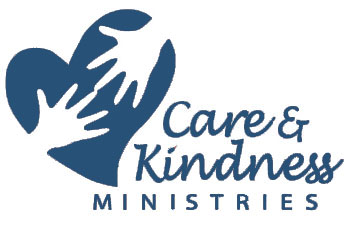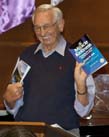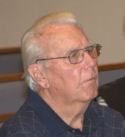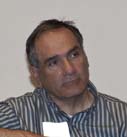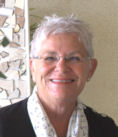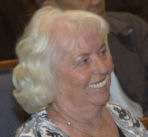So what do we do?
How do we respond?Last week's Thoughts From Jim presented twelve
'Stupid Phrases for People in Crisis'
that were written by Marilyn R. Gardner.
Today's posting continues her words that follow that article. Read it now.I think those are difficult questions, but the best analogy I have for people in acute crisis is looking at them as burn victims. Caring for burn victims is divided into three stages that overlap.
The first is the emergent or resuscitative stage. At this stage priority is given to removing the person from the source of the burn and stopping the burning process. The big things to think about are fluid replacement, nutrition, and pain management. Translated into crisis care, this means we’ll bring meals, coffee money, and pick up children from day care.
The second stage is the acute or wound healing stage. At this stage, the body is trying to reach a state of balance, while remaining free from infection. During this stage, patients can become withdrawn, combative, or agitated. This stage can be a lengthy and unpredictable stage. Burn victims, like people in crisis, often lash out at those closest to them. Translate this into listening, listening, and listening some more.
The final stage is the rehabilitative or restorative stage. The goal at this stage is for a patient to resume a functional role within their family and community. Reconstruction surgery may be needed. Encouragement and reassurance are critical to the person at this stage. This would translate into going on walks with the person, taking them out to a movie or dinner, having them over for coffee or a meal.
We offer deep thanks to Ms. Gardner for her permitting us
to pass on to our readers what she has written on her page (communicatingacrossboundariesblog.com).
__________________________
Write to us at ShowUp@careandkindness.org, or Like us on Facebook and add a comment there.
Laugh Lines Silly Thoughts At my age ’Getting lucky’ means walking into a room and remembering what I came in there for. |
